The International Summer Research Studentship in One Health offers an experiential research opportunity in One Health for international undergraduate or DVM students. The Studentship supports opportunities for international undergraduate and DVM students to engage in semi-independent research projects or participate in larger ongoing research projects during the summer.
One international studentship is awarded annually.
Value and Duration
Student Salary Support: $8,500
Operating Support: $1,000
A total of $8,500 is available for student salary support. This is based on a minimum hourly rate of $16 for a maximum total of 497 hours (14.2 weeks). However, student wages must align with type of work performed, as described in the University of Guelph Student Wage Guidelines. A higher hourly rate or any additional hours over the 497 hours will be paid by the faculty member. In addition to the salary, the faculty advisor will receive $1000 in operating support. Students must be present for a maximum of 35 hours per week during the entire 14.2-week period of the research project. As students will receive 4% vacation pay on their hourly rate, it is expected that they will work full-time (35hrs/week) for the entire 14.2 weeks.
Eligibility Criteria
Priority will be given to faculty who have not previously received an International Summer Research Studentship.
Award Allocation
The International Summer Research Studentship will be allocated through a two-stage process:
Stage 1: Faculty Submit Project Proposals
- Selection of project by One Health Institute Advisory Board
Stage 2: Students Apply
- Selection of student by faculty members successful in Stage 1
Schedule of Dates
| Date | Action Due |
| Monday, January 23, 2023 | Call for Project Proposals Opens |
| Sunday, February 12, 2023 at 11:59 PM | Project Proposals Due |
| Wednesday, February 15, 2023 | Successful Proposals Announced |
| Tuesday, February 28, 2023 | Student Application Window Opens |
| Tuesday, March 21, 2023 at 11:59 PM | Student Application Deadline |
| Friday, March 24, 2023 at 11:59 PM | Successful students should have received notification |
STAGE 1 – FACULTY
Stage 1 (Project Abstracts – Submitted by Faculty)
How to Apply
Please submit a project proposal.
To complete the application you will need the following information at hand:
- Your name, affiliation and contact information
- Project title
- Proposed start date
- Project proposal description (1/2 page or 250 words)
- The relevance of One Health / a One Health approach to your project
- At least one project objective and a description of why a One Health approach is necessary to achieve it
- A short description of the role for the student in this project
THE APPLICATION WINDOW FOR THE 2023 INTERNATIONAL SUMMER RESEARCH STUDENTSHIP OPENS JANUARY 23!
Evaluation Process and Criteria
The Director, One Health Institute, with members of the One Health Institute Advisory Board, will select the projects for funding based on the following criteria:
- Relevance / alignment of the proposed research with One Health
- Clarity and feasibility of the research objectives and experimental plan
- Suitability of the project for DVM and undergraduate summer research students
- Faculty record of research student advising, research productivity and availability of operating funds and infrastructure for the summer research project
STAGE 2 – STUDENTS
Stage 2 (Students)
Students interested in working on a specific summer research project will contact faculty members directly to discuss possible involvement with the project.
How to Apply to a 2023 Robert W. Woolner Summer Research Studentship:
- Prepare an updated academic resume/curriculum vitae and download unofficial transcript(s)
- Review the available projects. Note that you must be returning as an undergraduate student at the University of Guelph in the Fall 2023 semester
- Contact the faculty supervisor by email, including your student number, transcript(s), and academic resume/curriculum vitae. Include a statement on why you are interested in research and in their research project
- If you don’t receive a response within a week or so, please feel free to follow up with them by email
Applications must be received by the faculty member by Tuesday February 14, 2023 to be considered. Selections will be made by Friday March 10, 2023
Evaluation Criteria:
- Academic record (transcripts provided by student), general interest in research and the summer research project
- Willingness to adhere to the terms and conditions of the studentship, particularly the commitment to being present for a maximum of 35 hours per week during the entire 14.2 week period of the research project. As students will receive 4% vacation pay on their hourly rate, it is expected that they will work full-time (35hrs/week) for the entire 14.2 weeks.
- Restrictions stated in the award. Please note that the student must be returning as an undergraduate student to the University of Guelph in the Fall 2023 semester.
Questions can be directed to OHI at onehealth@uoguelph.ca.
STAGE 3 – SETUP OF STUDENT APPOINTMENT
Award Administration
Once the faculty member chooses a successful candidate, please cc’ OHI Program Manager, Katherine Heyland (heylandk@uoguelph.ca), on your email to the student confirming the upcoming appointment for Summer 2023.
Ask the student to complete the online form (form to be posted March 2023) to have their appointment set up by March 17, 2023.
The student will require the following information:
- Faculty name
- Faculty department
- Faculty email
- Project name
Terms and Conditions
The recipient of the Woolner Summer Research Studentship must:
- Be available to work on the research project for 14.2 weeks full-time (i.e. 35 hours/week) between May 1 and August 31 of the calendar year in which the award is granted
- Be a full-time University of Guelph student in good standing who is registered in Phase 1 or 2 of the DVM program, or after 2nd or 3rd year of a related University of Guelph undergraduate program and returning in the fall
- Participate in the summer Career Opportunities and Research Exploration (CORE) program. Advisors are requested to be flexible in research work hours to allow students to participate in this program
- Participate in the CPHAZ One Health Poster Day in the fall semester of the year in which the award is granted
- Complete a survey evaluating the research experience and the mentor’s performance
Faculty advisors must:
- Be available to supervise the summer research student for the entire 14.2-week period (or longer is the student is employed for a longer period)
- Provide an advisory and mentoring role to motivate and guide the student and to foster an interest in research
- Complete a survey evaluating the student’s performance and the efficacy of the program at completion
Woolner Projects
2022
Bloomin’ Barcodes: Metabarcoding Harmful Algae Blooms
About the Project:
Cyanobacterial harmful algal blooms (HABs) have negative impacts on communities, animals including pets, livestock, and wildlife and there is a need to identify and analyse the detailed biotic and abiotic conditions surrounding HABs. In this project, we use water quality data and microbial diversity measurements and integrate them with bloom frequency and intensity in model lakes. We are looking to recruit a highly motivated student, interested in tackling this complex problem using a OneHealth approach, including bioinformatics analysis and benchtop experimentation
About the Professor:

Andreas Heyland is a Professor in the Department of Integrative Biology at the University of Guelph. His work broadly focuses on the endocrine and environmental signals regulating organismal physiology and development. Projects in the Heylandlab include the study of molecular and cellular mechanisms underlying metamorphosis and settlement in zooplankton, the physiological and developmental responses of phytoplankton and zooplankton to environmental change and biotechnology application of microalgae.
About the Student:

Laksha Jingree is a fourth-year BSc Honours student majoring in Biological Science. Laksha has developed great interest in the public health sector through undergraduate courses in epidemiology. She is particularly interested in the impact that micro-organisms in the environment have on human health. Through the HAB project, she aims to increase her interdisciplinary understanding of how One Health approaches can be applied to problems in the real world.
Zoonotic Disease Risk Factors Associated with Non-Human Primate/Human Interaction in a Captive Setting
About the Project:
Spillover of infectious disease from animals to people (zoonoses) or people to animals (reverse zoonoses) can have dramatic impacts. For example, novel infectious diseases like COVID-19 are the product of interactions between humans and people. Additionally, animals are at risk of reverse zoonotic disease that can result in illness or death – especially important for species threatened with extinction. Because of their evolutionary relatedness, non-human primates and humans share many infectious diseases. Thus, in cases where humans and non-human primates interact there is the potential for zoonotic/reverse zoonotic disease transfer. One special circumstance is in zoos where non-human primates, humans, and other animals all interact in a shared space. Understanding the spatial/temporal interactions among non-human primates, humans (e.g., zookeepers), and other animals (e.g., rodents) will help determine the potential risk factors that could lead to disease transfer between them. Although zoos have protocols to reduce the transmission of infectious disease, there are unknown avenues of transmission that still need to be uncovered. Thus, the objective of this research is to determine potential risk factors for zoonotic/reverse zoonotic pathogen transmission among non-human primates and humans at a zoo, map those factors, and provide recommendations to the zoo to reduce the potential risk.
About the Professor:

Travis Steffens is an Assistant Professor in the Department of Sociology and Anthropology his research leverages conservation biogeography, spatial ecology, and One Health approaches to understand how lemurs interact with and respond to human caused disturbance. He is also interested in how humans are impacted by applied conservation measures targeting lemurs and their habitat and he is interested in understanding the risk factors associated with zoonotic/anthroponotic transmission among humans and their domestic animals, wildlife, and their shared environment.
About the Student:

Raquel Archie is an upper year Bachelor of Arts – Honour Degree (BAH) student in anthropology with a minor in ecology. Raquel expresses specific interest in the relationship between human, environmental, and animal health regarding potential risk factors of zoonotic and reverse zoonotic pathogen transmission. She intends to employ a One Health approach to inform about these potential risks and recommend management strategies to reduce them.
Raquel hopes to make an impact on the future of environmental conservation and protection using the skills she has developed and nurtured through her time at the University of Guelph.
2021
Assessing Spillover of SARS-COV-2 in Peri-Domestic Wildlife Species
About the Professor
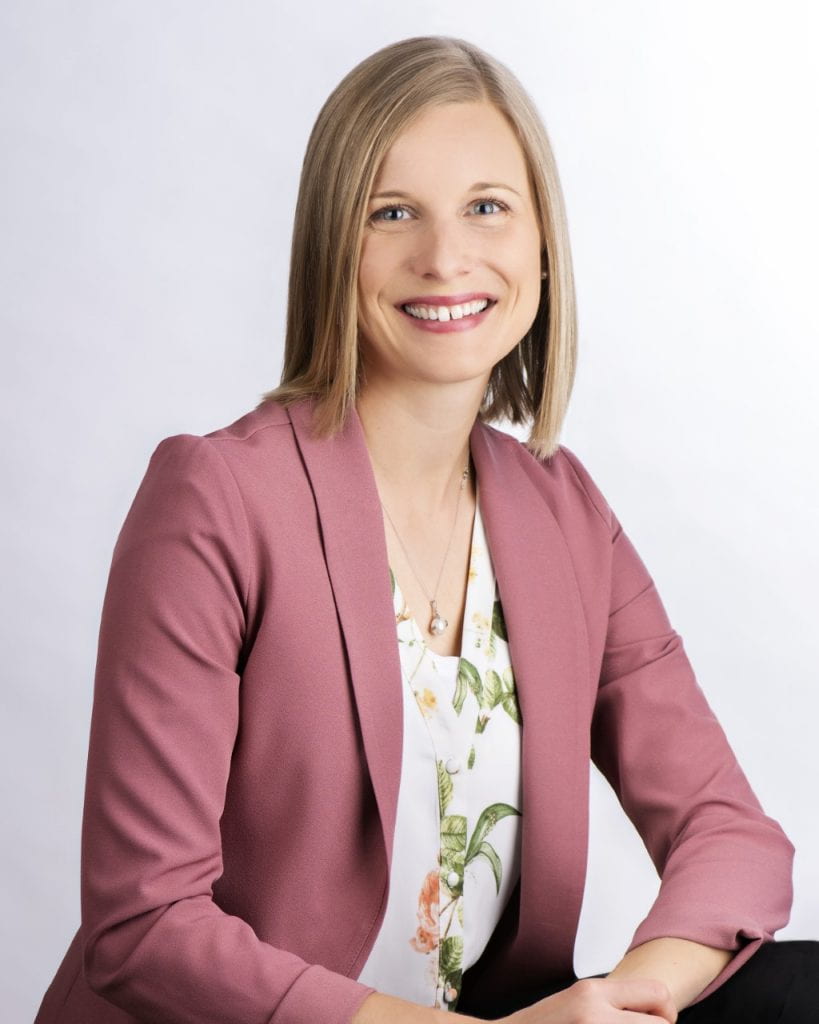
Dr. Katie Clow is an Assistant Professor in One Health in the Department of Population Medicine at the Ontario Veterinary College. Her research focuses on the ecology and epidemiology of vectors and vector-borne zoonoses, with a specific emphasis on the blacklegged tick and Lyme disease. She also conducts research more broadly on One Health, including pedagogy and community-level applications and is the Graduate Program Coordinator for the Collaborative Specialization in One Health.
She holds both a Doctor of Veterinary Medicine degree (OVC, 2011) and PhD (Pathobiology, 2017). Dr. Clow has worked in private small animal practice as well as at the national and international level in One Health through internships at the Canadian Food Inspection Agency, Department of Food Safety, Zoonoses and Foodborne Disease at the World Health Organization.
About the Student
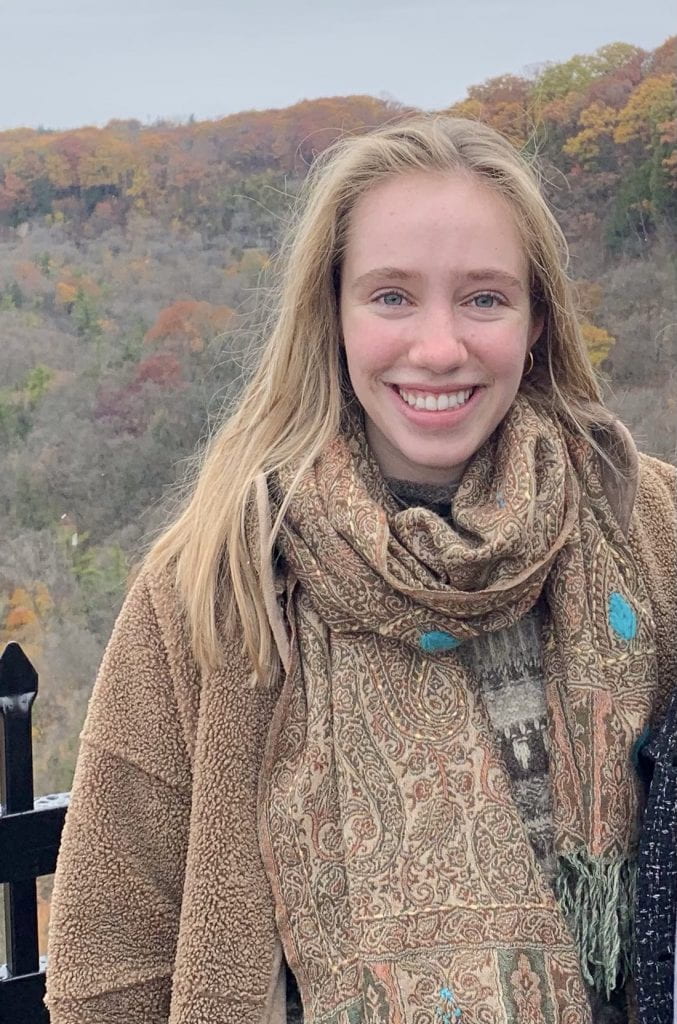
Stephanie Gerend is entering her fourth year as an undergraduate student at the University of Guelph, completing an Honours Bachelor of Science in Biomedical Science. She is eager to work with Dr. Katie Clow on this One Health project and emphasize the importance of a transdisciplinary approach to solving problems, as solely focusing on one sector does not account for spillover and downstream effects. Espeically considering that the effects of SARS-CoV-2 are not isolated to humans.
During her time at UofG, she has developed a deep interest in the intersection of global development and biological science subject areas. After taking the One Health course, she realized that is a way to combine these two disciplines and has found herself extremely passionate about this intersection.
Beyond academics, Steph loves being involved in community-based work. She is currently the Co-Chair of Relay for Life at UofG, and over the past three years the committee set a Canadian Cancer Society record for largest post-secondary amount raised. She is also involved with Big Brother Big Sisters as a community mentor, facilitating one-on-one weekly meetings with her mentee in an effort to help reduce the societal barriers and adversities they face.
Through the Robert W. Woolner Studentship, Steph hopes to learn more about how the One Health approach can shed light on potential gaps in disease transmission and help build a framework for preventing future zoonotic transmission and spillover. She is looking forward to working with professionals from different sectors to solve this complex issue and learn more about multidisciplinary collaboration.
Previous Recipients
Summer 2020
Dr. Fiona James & Rachel Vella
Project: Comparing canine and human epileptic syndromes
Dr. Travis Steffens & Kiana Gibson
Project: Investigating the potential transmission of intestinal pathogens among people, lemurs, and domestic animals in Madagascar
Effects of Environmental Modification and Early-Life Stress on Wildlife Physiology
About the Professor
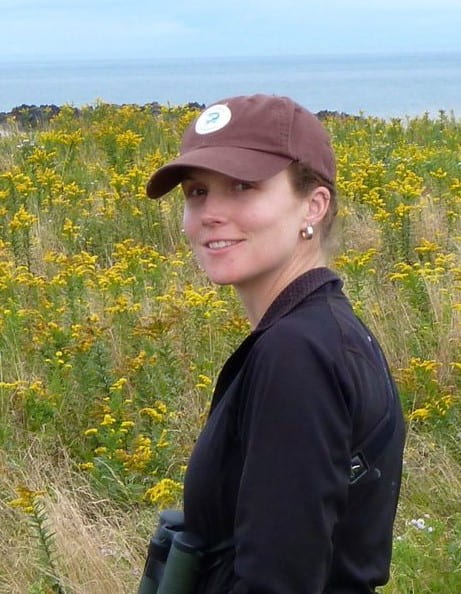
Dr. Amy Newman is an Associate Professor in the Department of Integrative Biology in the College of Biological Sciences. She is an ecophysiologist who’s training lies at the intersection of physiology, ecology and neuroendocrinology. She uses both field and laboratory techniques to answer questions that integrate ecology and physiology with the goal of understanding how the early life environment shapes stress physiology, behaviour and fitness.
Prior to joining the Department of Integrative Biology as a faculty member in 2012, Dr. Newman obtained a BSc from Queen’s University, a PhD in Neuroscience from the University of British Columbia, and was an NSERC Postdoctoral Fellow at the University of Guelph.
About the Student
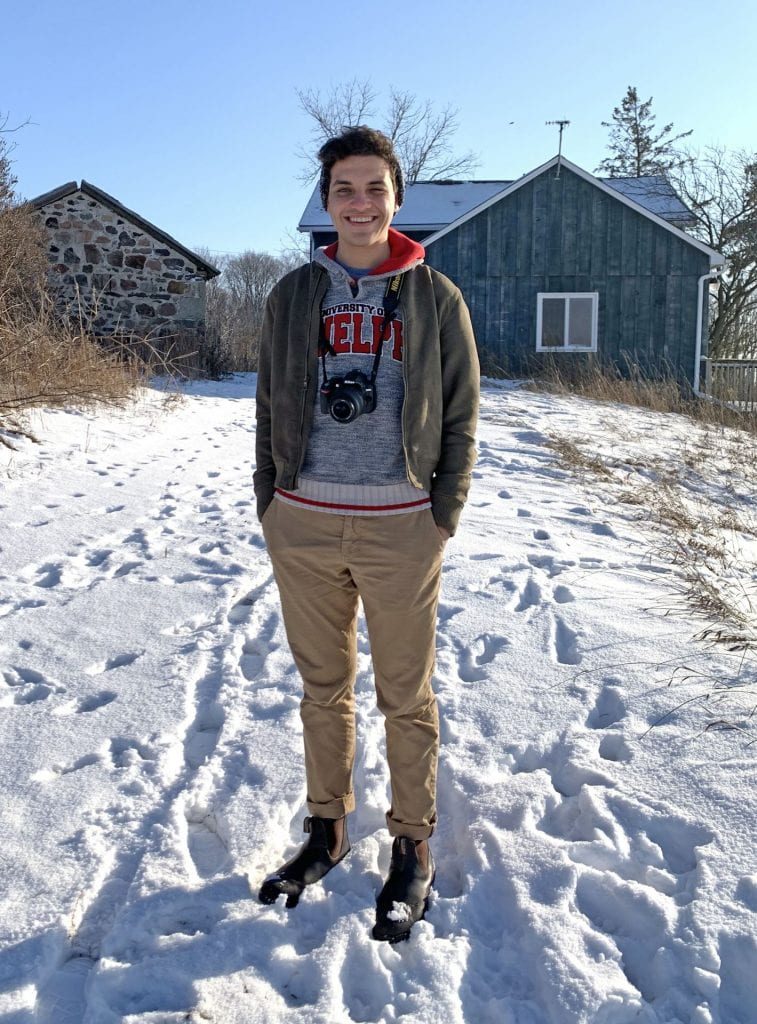
Hello! My name is Hossam, and I am spending this summer working with the Newman lab on a project that involves a number of One Health principles. One Health is a research approach/outlook that I am passionate about. The project I will be working on examines the impacts of agricultural stress and landscape restoration on avian diversity in farms across southern Ontario.
I’m entering my fourth year of undergraduate studies at the university of Guelph this fall as a marine and freshwater biology major. In my spare time I enjoy biking, going for a hike, or photographing interesting things that catch my eye.
Through the Robert W. Woolner studentship, I’m looking forward to exploring how One Health principles can be applied to ecological diversity studies and to conservation efforts in a region that is also important for food production.
Previous Recipients
Summer 2020
Dr. Fiona James & Rachel Vella
Project: Comparing canine and human epileptic syndromes
Dr. Travis Steffens & Kiana Gibson
Project: Investigating the potential transmission of intestinal pathogens among people, lemurs, and domestic animals in Madagascar
2020
Comparing Canine and Human Epileptic Syndromes | Dr. Fiona James & Rachel Vella
Investigating the Potential Transmission of Intestinal Pathogens among People, Lemurs, and Domestic Animals in Madagascar | Dr. Travis Steffens & Kiana Gibson
International Summer Studentship in One Health
2022
One Health of Fungal Disease
About the Project:
Fungal diseases greatly impact the world around us, including our environment, food system, and health. Beginning with the food we eat, the application of fungicides to protect cereal crops from devastating fungal diseases can lead to resistance among plant pathogens. Moreover, fungicidal applications can also cause resistance within environmental pathogens, which are transmitted to humans, causing devastating disease. For example, Fusarium head blight (FHB), a globally-impactful fungal disease of cereal crops that leads to a reduction in grain quality and contamination with dangerous mycotoxins, is often averted with the annual application of azoles. Subsequently, such applications increase exposure of environmental microbes, including the human fungal pathogen, Cryptococcus neoformans, to the fungicide and promote antifungal resistance. For C. neoformans, inhalation of spores from the environment can lead to fatal meningitis if left untreated or in the presence of antifungal resistant strains. Using a One Health approach, my research program bridges together environmental, animal, and human health to uncover new prevention and treatment strategies against disease in the grower’s field to reduce fungicide use. Our approach limits the evolution of resistance amongst environmental pathogens, and ensures that our current medical antifungal therapies remain effective. We achieve these goals using state-of-the-art mass spectrometry instrumentation, advanced bioinformatics platforms, an array of biochemical, molecular, microbiological, and immunological techniques, as well as established interdisciplinary collaborations.
About the Professor:
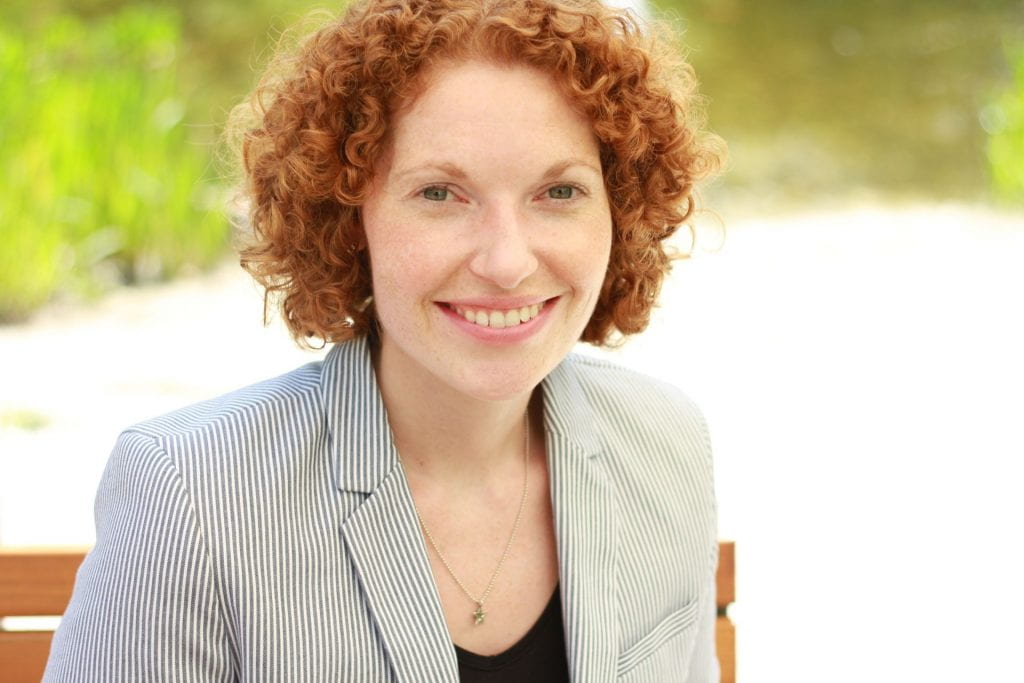
Dr. Jennifer Geddes-McAlister started her appointment as Assistant Professor in the Department of Molecular and Cellular Biology at the University of Guelph in July 2018. She is an expert in mass spectrometry-based proteomics following a Alexander von Humboldt post-doctoral fellowship at the Max Planck Institute of Biochemistry (Germany). Her research program embraces a One Health approach to define the relationship between host and pathogen during infection to uncover new strategies for overcoming resistance in both medically- and agriculturally-relevant diseases.
About the Student:

Jiaxi Lu is a third-year BSc student in Crop, Horticulture, and Turfgrass Science (CHATs). Jiaxi is particularly interested in exploring the relationship between environmental, plant, and human health in order to discover new preventative measures and treatment approaches against fungal disease in the grower’s field through a One Health approach.
Jiaxi has experience working with academic institutions (plant pathogens) and non-governmental organizations (breeding and field management) in Canada and China on research and business projects.



